Human rights activist and former presidential candidate of the African Action Congress (AAC), Omoyele Sowore, is currently being held at the Nigerian Police Intelligence Response Team (IRT) office in Apo, at the Old Abattoir by Guzape Junction in Abuja. This follows his refusal to accept what he describes as “illegal” bail conditions imposed by the police after an arrest related to his exposé on alleged police extortion in Lagos.
Sowore was initially invited by the police for questioning over a viral video he uploaded, which depicted officers extorting motorists on the Murtala Muhammed International Airport Access Road. However, sources suggest that his arrest might be more about personal vendettas than the video itself. Reports from SaharaReporters indicate that the invitation was influenced by Sowore’s public criticism of the Inspector General of Police, Kayode Egbetokun, whom he has referred to as “Illegal IG” due to his tenure extension beyond the retirement age.
The police proposed bail conditions included providing a Level 16 civil servant as a surety and surrendering his passport, which Sowore outrightly rejected, calling them “illegal.” He further highlighted his refusal by stating, “I refuse to participate in any arrangement that undermines my personal integrity,” on his X handle. His legal counsel, Femi Falana (SAN), supported Sowore’s position, referencing a Court of Appeal case, Dasuki v. Director-General, where similar conditions were deemed unconstitutional.
The contention over bail conditions led to Sowore being detained indefinitely. There are claims that the police had plans to transport him to Lagos for further legal proceedings where he might face charges with no possibility of bail or with extremely stringent conditions. This move, according to sources, was part of a broader strategy to deal with Sowore’s public criticisms of the police leadership.
This situation has escalated public and activist scrutiny over the operations and motivations behind police actions, especially concerning the treatment of critics and journalists in Nigeria. The ongoing debate questions the integrity of law enforcement procedures and the rights of individuals to freedom of expression and fair treatment under the law.
The narrative around Sowore’s detention is not only about his personal struggle but also reflects broader issues of governance, corruption, and civil liberties in Nigeria, spotlighting the tension between state authority and individual rights.

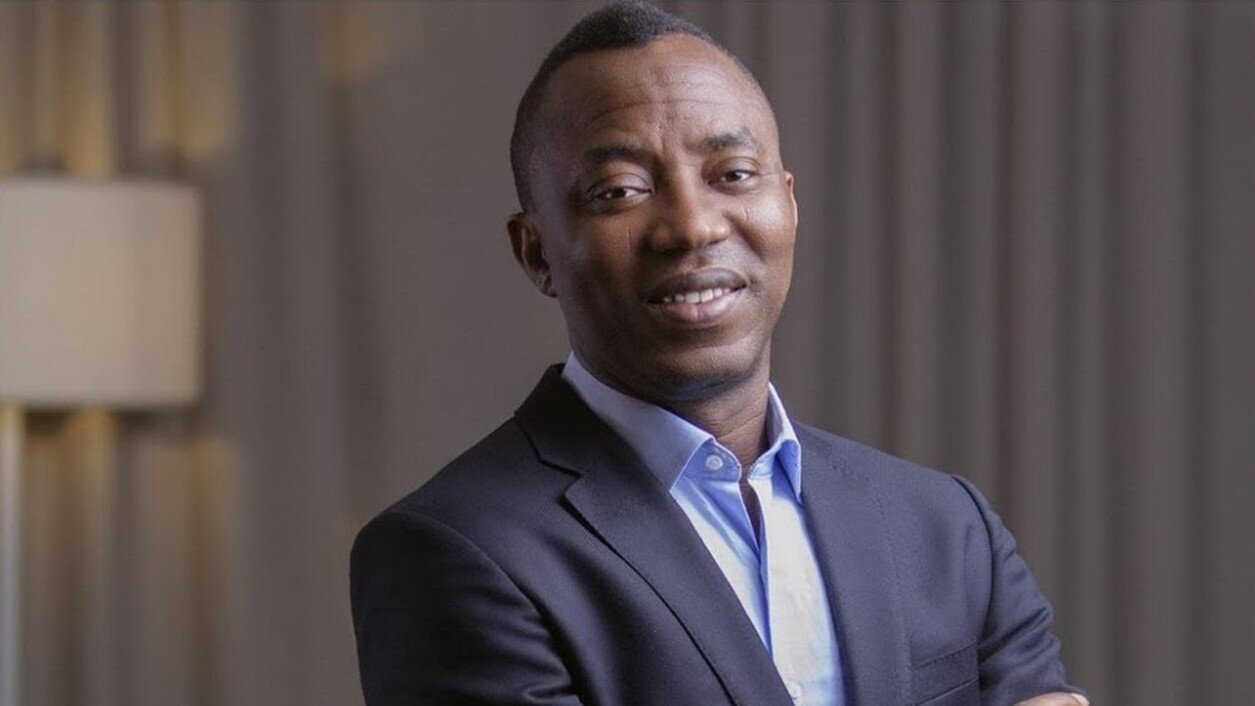

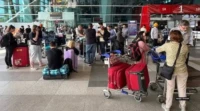
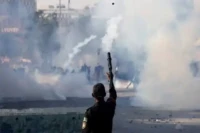
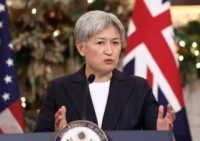
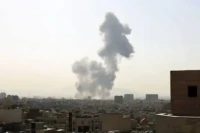
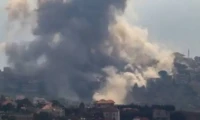
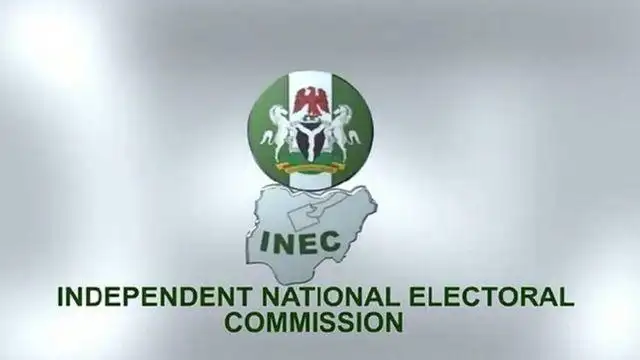

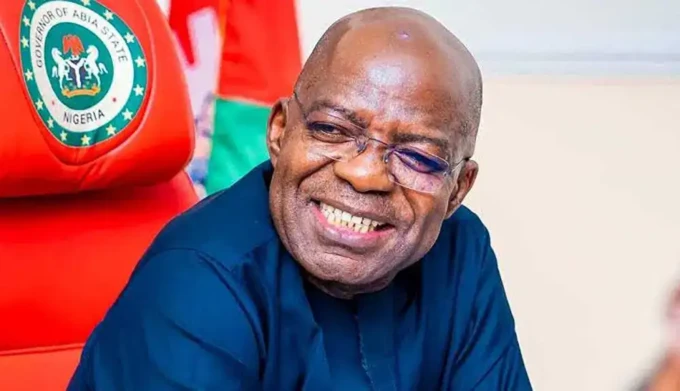

Is Sowore being treated unfairly or is he just causing unnecessary drama? Lets discuss! #FreeSowore #LegalIssues #DebateTime
Is Sowore a hero or a troublemaker? Lets discuss his defiance of bail conditions in the article. Whats your take?
I believe Sowores detention highlights a larger issue of government overreach. We must demand justice and respect for human rights.
I cant believe they are still holding Sowore! This is a clear violation of his rights. When will this injustice end?
Isnt it crazy how Sowore is being detained for rejecting bail conditions? The system is messed up, man.
I cant believe theyre still trying to silence him! Sowore should be free to speak out against injustice. #FreeSowore
Sowores fight against injustice is commendable, but rejecting bail conditions may hinder his cause. What do you think?
Why should Sowore accept unfair bail conditions? Lets discuss the implications of compromising principles for freedom. #StandWithSowore